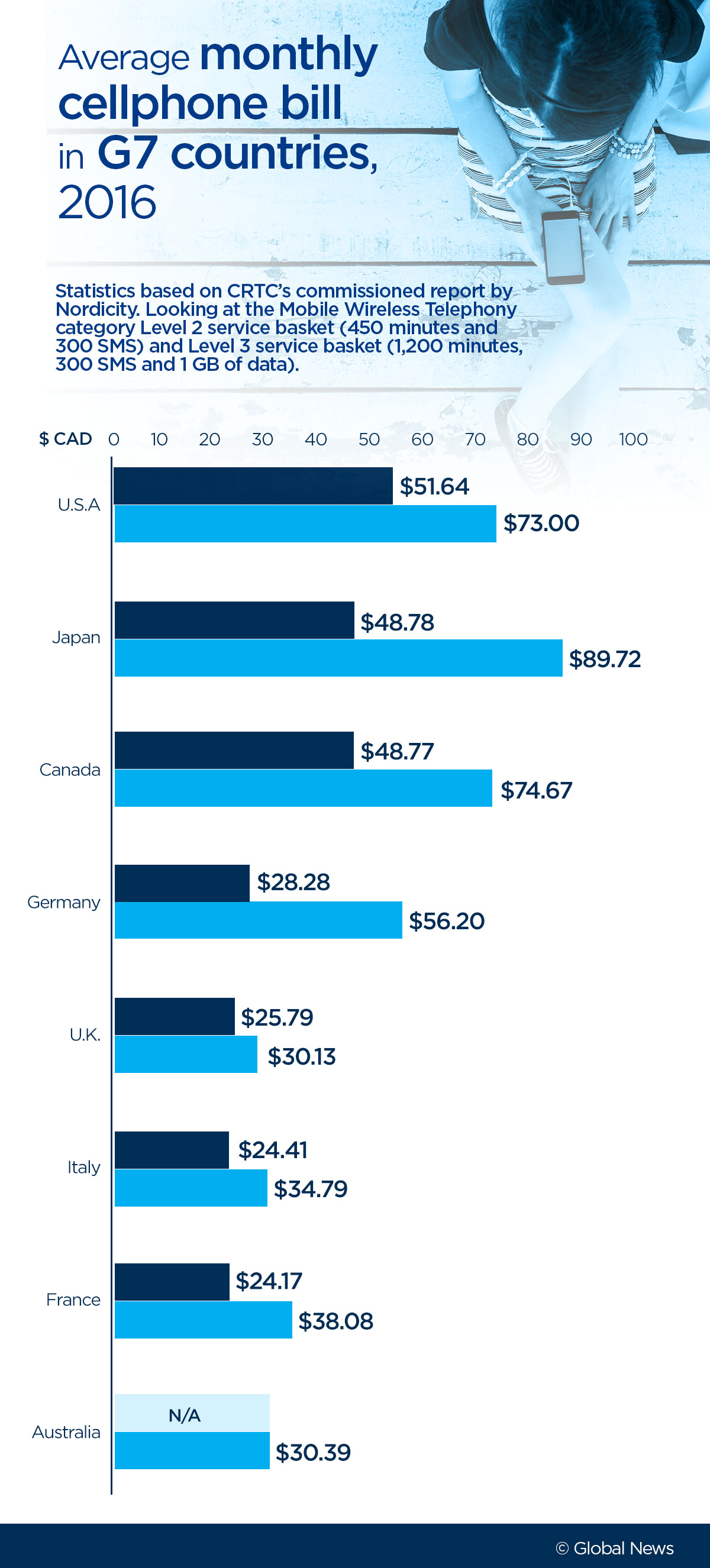For years, foreign money has been identified as a key factor jacking up Vancouver’s home prices beyond anything that local residents can bear.

On Tuesday, Statistics Canada and the Canada Mortgage and Housing Corporation (CMHC) gave an extensive, if incomplete, picture of just how many of the city’s homes are owned by people from elsewhere — and how much higher they’re valued than the ones owned by locals.
Coverage of foreign buyers on Globalnews.ca:
The data, which looked at Vancouver and Toronto, contained many revelations about the share of non-resident ownership throughout Metro Vancouver.
Non-residents were defined as people whose principal residences were outside Canada.
One of the revelations was that single-detached and condominium apartment units owned by non-residents were worth far more than those belonging to Canadians.
- ‘It’s just without reason’: Friends, community still reeling after White Rock murder
- Unique simulator helping B.C. aerial firefighting crews prepare for tough summer
- White Rock fatal stabbing suspect and victim may have been in physical altercation: IHIT
- B.C. to ban drug use in all public places in major overhaul of decriminalization
The following chart shows the average value of single-detached homes owned by residents and non-residents across Metro Vancouver:
Across Metro Vancouver, a single-detached home owned by a resident was worth an average of $1,568,100, while for non-residents, it was worth $2,275,900 — about 45 per cent more.
There was also a noticeable gap in municipalities.
In the City of Vancouver, a single-detached home owned by a resident was worth $2,882,600 on average, while one owned by a non-resident was worth $3,638,500 — about 26 per cent more.
Non-residents are also interested in bigger homes — on average, the size of a single-detached home owned by people whose principal residence is elsewhere was close to 4,800 sq. ft., or over 32 per cent bigger than those owned by residents.
The following chart shows the average values of condominium apartments owned by residents and non-residents across Metro Vancouver:
The data also identified a value gap between condominium apartments owned by residents and non-residents.
Across Metro Vancouver, an average resident-owned condominium apartment was worth $530,800, while for non-residents, they were worth $692,000, about 30 per cent more.
In the City of Vancouver, a resident-owned condominium apartment was worth $741,000, and a non-resident-owned unit worth $930,600, approximately 26 per cent more.
READ MORE: New Vancouver mortgages took a ‘significant’ hit after foreign buyers tax, data show
The study was compiled by looking at information such as land titles, census of population, property assessments and tax and business register data, while CMHC derived info through telephone interviews of property management companies or building superintendents.
But there were gaps in the research, said Andy Yan, an urban planner and director of SFU’s City Program.

He said the data didn’t cover presales, which have been subject to significant flipping, Reuters reported last month.
Flipping a unit before construction is finished allows non-residents to duck the foreign buyers’ tax; presales have doubled in downtown Vancouver in the past two years and resale condo prices have jumped 33 per cent nationally in the same time frame, the news agency said.
The data has “given us a peek into the shadows, but there are still some major gaps,” Yan said.
StatsCan’s study also showed that the share of properties owned by non-residents is 4.8 per cent across Metro Vancouver, 7.6 per cent in Vancouver and 7.5 per cent in Richmond.
Asked whether the numbers understated the impact of foreign investment in Vancouver, Yan said the study was a “start,” and that it “begins a conversation, it doesn’t end it.”
Meanwhile, Vancouver realtor Steve Saretsky said foreign buying is, at least in part, a psychological phenomenon.
“There’s a strong belief that prices will go up and they’ll continue to go up because foreign ownership is predominant,” he said.
“So as long as that narrative continues to play out, it allows locals to speculate on higher prices.”
- With files from John Hua and Robin Gill










Comments